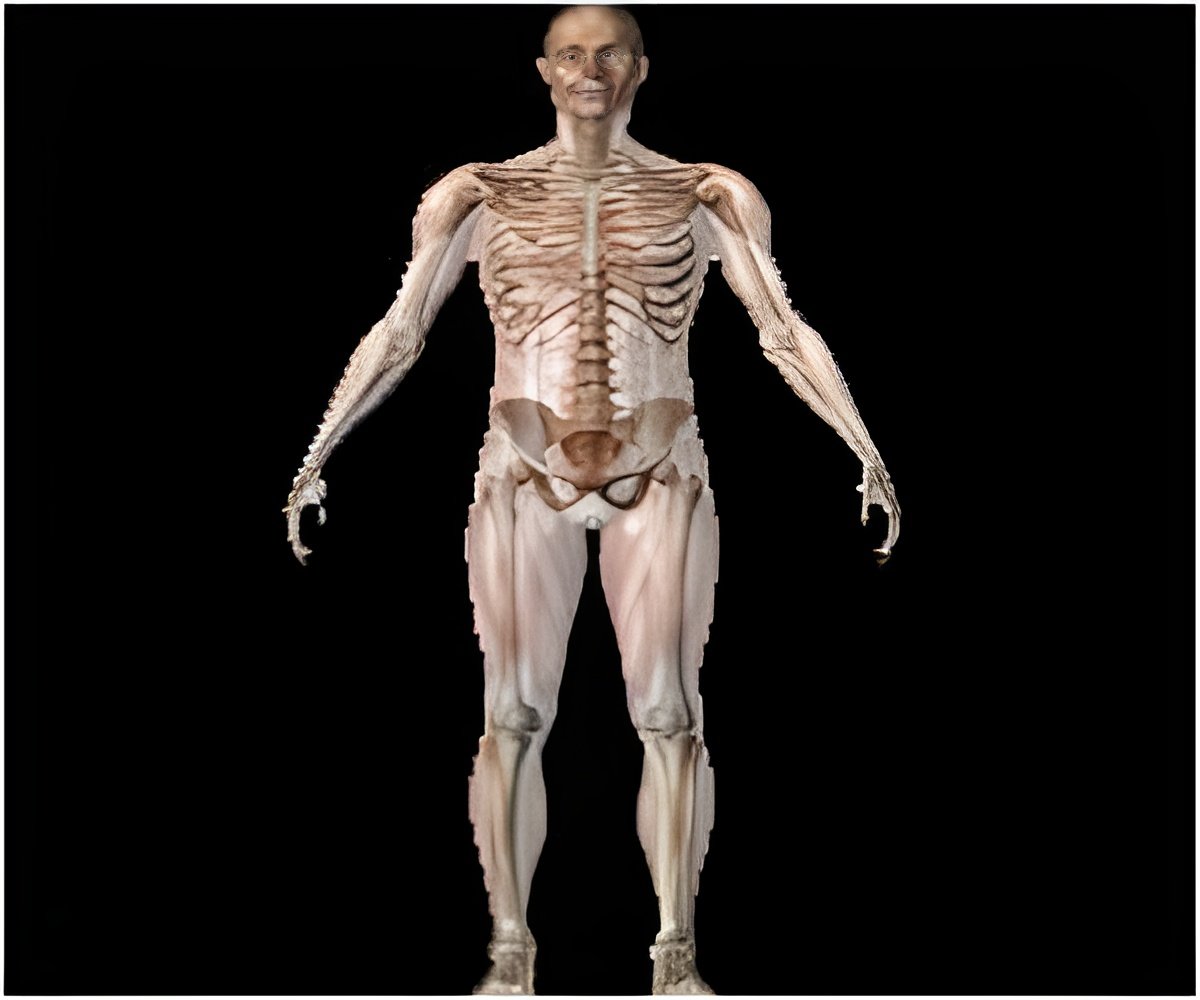The human body cannot be made to increase its natural metabolic rate, a new study has suggested.

Further, it shows that this increase in metabolism tied to a high-protein diet is not sustainable when changing to a normal-protein diet, suggesting that the human body cannot be trained to maintain a higher metabolism.
Author Elizabeth Frost said that rather than conducting a weight-loss study, their focus was to explore whether high- or low- protein diets might lead to less weight gain when consuming excess calories due to the ability of the body to burn extra energy with a high-protein diet.
Frost added that they found that study participants all gained similar amounts of weight regardless of diet composition, however, there was a vast difference in how the body stored the excess calories.
Frost continued that those who consumed normal- and high- protein diets stored 45 percent of the excess calories as lean tissue, or muscle mass, while those who on the low-protein diet stored 95 percent of the excess calories as fat.
The Obesity Society President Steven R. Smith said that high-protein diets for weight-loss or to build muscle mass can certainly be effective, but the diet composition must be maintained for dieters to continue to see and sustain results, and added that it is not possible to achieve weight loss on a high-protein diet, or any diet, without burning more calories than calories consumed, also known as energy deficit.
Advertisement











